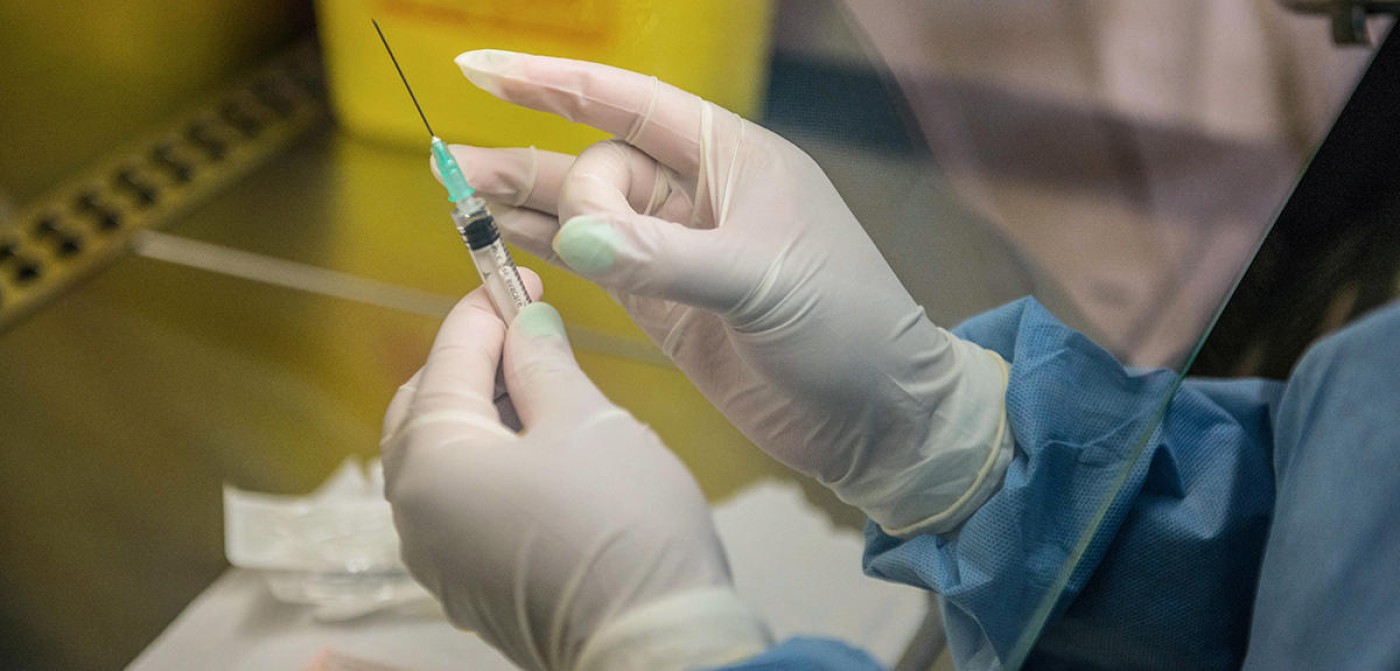ERBIL, Kurdistan Region of Iraq - The Iraqi Medical Union has issued a warning about the potential transmission of HIV through unlicensed beauty centers and tattoo parlors, this caution comes in light of recent parliamentary health committee reports revealing a significant number of HIV cases and related deaths over the past few years.
Majid Shingali, head of the Parliamentary Health and Environment Committee, told Iraqi state newspaper on Sunday that the committee had noted 2,638 cases of HIV infections, including 470 fatalities up to the start of this year.
According to Shingali, while a few newborns were infected through maternal transmission, there have been no new diagnoses related to blood transfusions in the past seven months, emphasizing the crucial role of early medical consultation in combating the disease, praising the recovery rates of patients who sought timely treatment at the National Center for AIDS and Sexually Transmitted Diseases.
Shingali further announced plans to host a workshop on the disease during the next legislative session, the workshop aims to address the pervasive social stigma that deters many from seeking necessary medical care, leading to underreporting and mismanagement of the disease.
Despite government assurances about limited AIDS cases, statistics from Iraq's Ministry of Health in 2021 showed 392 cases and 21 deaths, with a rise in 2022 to 446 cases and 33 deaths nationwide, excluding the Kurdistan region.
Husnain Safaa Shubber, head of the Iraqi Medical Association, spoke to Iraqi state newspaper about the chronic dangers of untreated HIV, which severely impairs the immune system and typically remains asymptomatic until advanced stages, he noted that while previous medical practices required isolating infected individuals, modern treatments have greatly reduced transmission risks and complications.
Shubber urged caution about the risks posed by unregulated beauty centers and tattoo parlors, underscoring the need for proper licensing and health safety standards to prevent the spread of HIV.
In the 1980s, Iraq imported blood clotting serums from the French company "Marie" for hemophilia patients. These serums were contaminated with HIV, leading to 286 Iraqis contracting AIDS upon administration in Baghdad hospitals. This incident marked the first introduction of AIDS in Iraq, and the affected individuals were secretly quarantined at Al-Tawitha Hospital.
In response to the 1980s AIDS crisis, the Iraqi parliament proposed a compensation package in 2023 for the victims or their families, this package includes 100 million dinars, a residential land plot, and a monthly salary, reflecting ongoing efforts to address the consequences of the contaminated serum importation.



 Facebook
Facebook
 LinkedIn
LinkedIn
 Telegram
Telegram
 X
X


